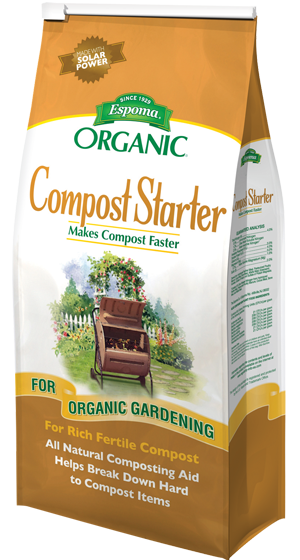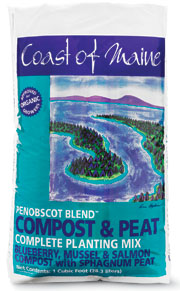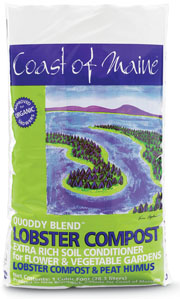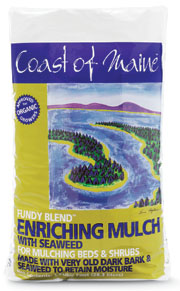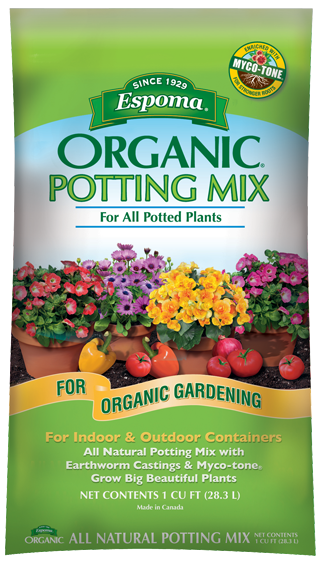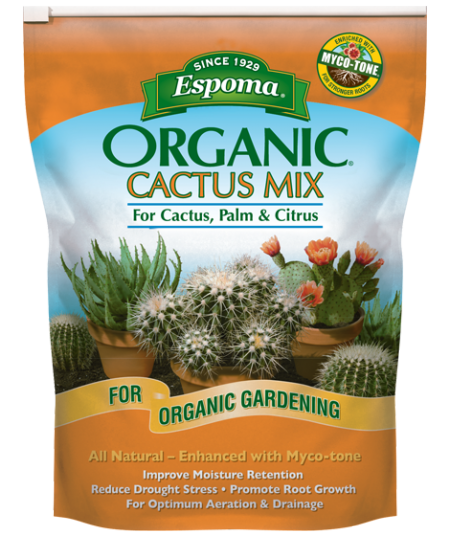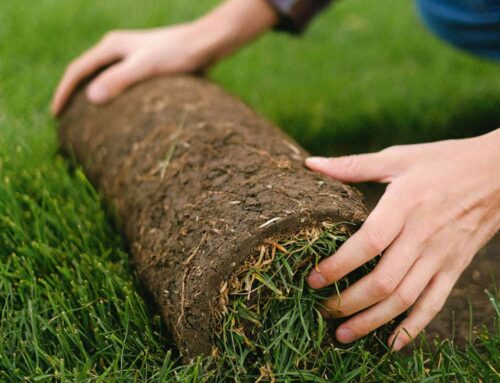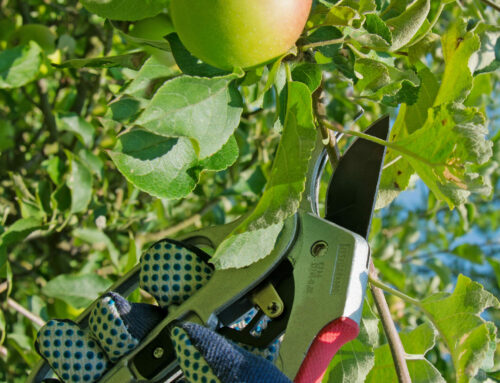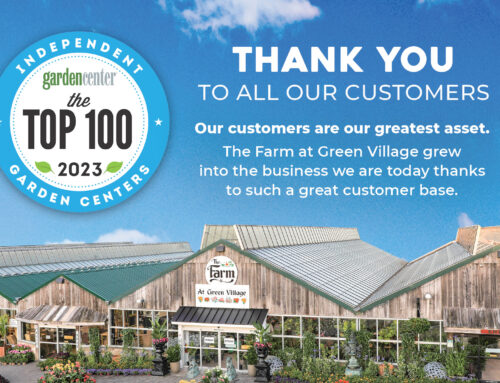Compost is a key ingredient in organic gardening, and we have the helpful advice you need to easily convert yard and kitchen waste into nature’s own organic fertilizer. Composting is an environmentally friendly and simple way of creating nutrients and rich soil for your garden or yard. Making compost used to be time-consuming and difficult, but with today’s products, creating rich compost is quick and efficient.
- Choose a container, or don’t. Composters that are totally closed and can spin are great, but simple is good too. Simple bins with no bottom are a good option because worms and bugs can easily get into the material, and if you have the space you can skip a bin or container all together and just make a pile.
- Ingredients & layering. A good rule of thumb is to use 1/3 green material and 2/3 brown material.
• Green materials include: kitchen scraps, grass clippings, cuttings from garden.
• Brown materials include: leaves, newspapers (no glossy pages or color ink), twigs & branches, straw.
Meat, dairy & fish should be avoided to keep animals away from the pile. When starting, layer sticks and branches on the bottom of pile to help aerate, then alternate green layers with brown layers to start the process. Once the pile is established you can throw in whatever you have and just stir it up. - Add material regularly to help feed microbes, turn pile with a rake once every week or two. Water the pile occasionally to keep moist if there hasn’t been enough rain.
Homemade compost usually takes about a year to really be usable, but you can apply an organic compost starter to accelerate the process.
We recommend:
BAGGED ORGANIC COMPOST & SOIL
Don’t have the space or time to make your own compost? Here is a list of ready to use bagged composts and soils that we carry.


